What we do
Performance Consultants really listen to what the client needs and then tailor solutions to this.
Tina Gaarn Christensen, Senior Manager – Strategy and Organization,
Novozymes, Denmark
Your challenges
We focus on developing high-performance cultures that harness leadership capabilities, strengthening employee engagement and loyalty.
Our programs can help elevate leadership skills or even embed strong safety cultures. Most importantly, we understand that each challenge and transformation is unique to your needs.
Together our unique capabilities promote a reinforcing cycle of development and sustainable performance.
How can we help you?
High performance in your organisation starts with your people. Whatever your challenge, we provide the necessary skills for managers to become transformational leaders, able to create and sustain high performance.
Get in touch
With more than 40 years’ experience transforming organizations into high-performance cultures, we’d love to hear how we can help you.Our solutions
Case studies


Creating an environment of innovation, ownership and learning with Medtronic


